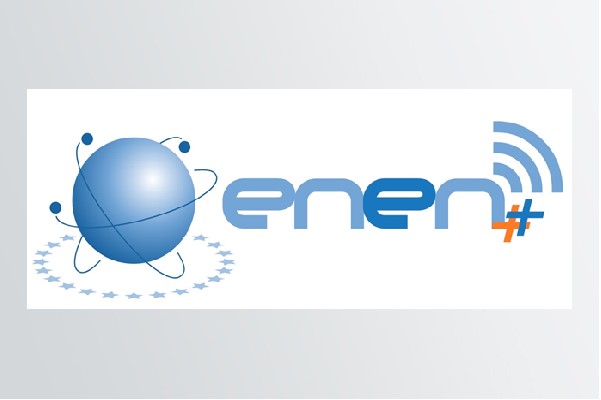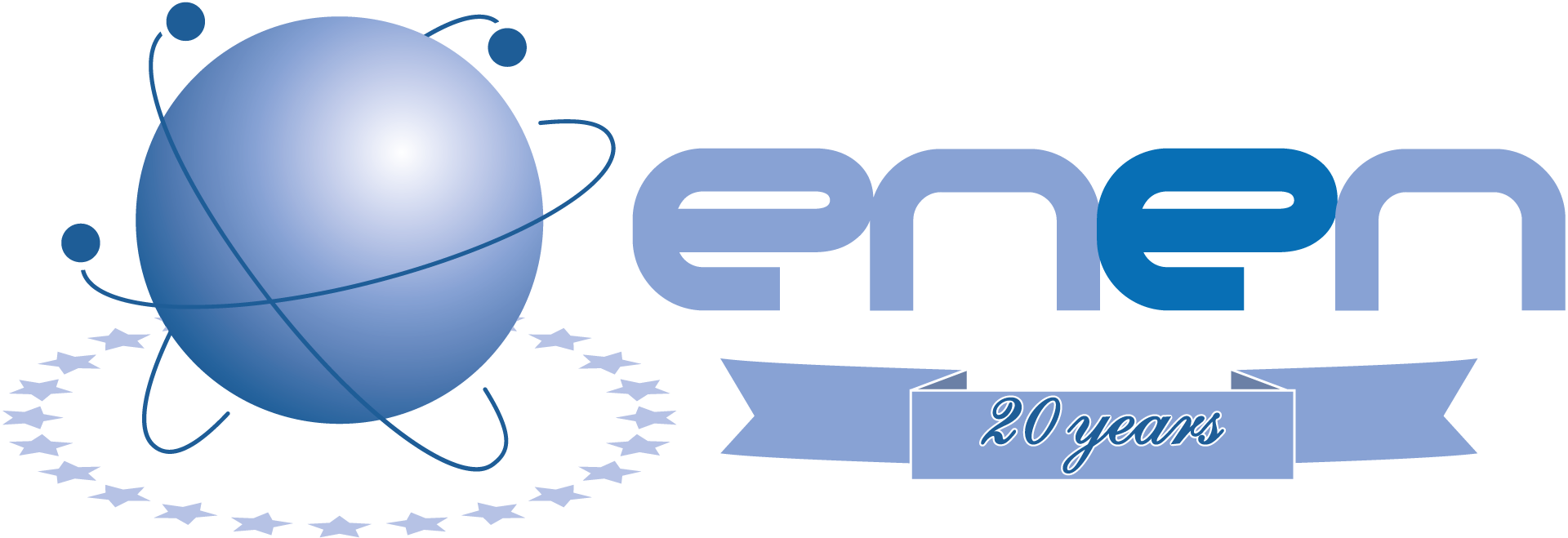BUDAPEST UNIVERSITY OF TECHNOLOGY AND ECONOMICS
INSTITUTE OF NUCLEAR TECHNIQUES
(BME, BUDAPEST, HUNGARY)
The Institute of Nuclear Techniques (NTI) is part of the Faculty of Natural Sciences of the Budapest University of Technology and Economics (BME), Hungary. The NTI consists of two organizational units: the Department of Nuclear Techniques and the Department of Nuclear Energy. The institute operates the Training Reactor and the laboratories connected to the Training Reactor. There are about 60 staff members and 10 PhD students in the institute. There are about 5-15 diploma works prepared in the NTI per annum.
The Training Reactor
The most important facility of the NTI is the pool-type training and research reactor, with 100 kW nominal thermal power. The coolant and moderator is light-water, the reflector is water and graphite. The operation of the reactor started in 1971. The Training Reactor is the scene of reactor operation exercises for undergraduate and graduate students and serves as a neutron- and gamma-radiation source. Irradiation of different samples can be carried out with the pneumatic dispatch system and with the vertical and horizontal irradiation channels. In the reactor building radiochemistry, neutron- and reactor physical laboratories are situated, as well as laboratories for radiation protection measures. The operation of the Training Reactor is planned for the next 20 years, which meets no technical difficulties to the present knowledge. The rejuvenation of the operating staff is now under way. The reactor is open for visitors as well, providing guidance and short introduction into nuclear power. Yearly about 2000, mainly high-school students visit the facility. The guidance is possible not only in Hungarian, but also in English, German and French.
Education
The NTI performs undergraduate and graduate education as well. The most important part of the undergraduate education is the support of the education of engineering-physicists at the BME. The NTI holds the nuclear-related classes of the engineering-physicist faculty. The main fields of the training are reactor physics, nuclear power thermo-hydraulics, nuclear safety, radiation protection, radiochemistry and others. The education of other engineering faculties (mechanical, chemical, electrical) is also supported by the NTI. The NTI performs educational activities for other Hungarian universities as well.
International Seminar (in English): Organising and participating in the “Eugene Wigner Course for Reactor Physics Experiments” together with the Slovak Technical University Bratislava, Czech Technical University Prague and Atomic Institute of the Austrian Universities Vienna.
Research activity at the NTI
The main fields of research at the NTI are: Reactor and neutron physics, Thermo-hydraulics, Radiochemistry (laboratory), Radiation protection, Nuclear energy systems, Nuclear measuring methods and instrumentation, Generation IV reactors, transmutation, fusion. In the following we introduce some recent interesting research projects
Reactor and neutron physics:
– Assessment of reactor-physical experimental data
– Development of reactor physics computer codes
– Shielding of radioactive radiation, calculation of radiation fields
– Reactor dosimetry, surveillance of radiation damage of reactor vessel, ageing of the reactor vessel
– Monte-Carlo methods: investigation of criticality of damaged fuel assemblies after the incident in the Paks NPP in April 2003; reactivity assessment of the emergency boron injection system of the damaged cleaning vessel
Thermo-hydraulics:
– Development of nuclear power plant simulators for educational purposes
– Experimental and computational investigation of natural convection
– Numerical analysis of thermo-hydraulics of nuclear reactors with 1D system code (APROS), system analysis, safety analysis
– Application of CFD (Computational Fluid Dynamics) simulation methods for nuclear safety analysis, 3D thermo-hydraulical calculations of VVER-440 reactors e.g.:
o coolant mixing in the fuel assembly and in the pressure vessel,
o analysis of the incident in the Paks NPP in April, 2003,
investigation and development of molten-salt reactor design.
Radiochemistry:
The accredited radiochemistry laboratory is specialized on the following research topics:
– Trace element analysis of different (geological, archaeological, nuclear, aerosol) samples with NAA (neutron activation analysis)
– Detection of damaged NPP fuel assemblies based on the analysis of primary coolant
– Determination of natural and artificial isotopes in environmental samples
– Analysis of uranium-, plutonium-, curium-, strontium- and other isotopes in radwaste samples
– Evaluation of uranium transport into the coolant from the damaged fuel assemblies after the incident in the Paks NPP in April, 2003
Radiation protection:
– Development of personal monitoring systems
– Assessment of doses with propagation models
Nuclear energy systems:
– Theoretical analysis of different composition of nuclear energy systems
– Reactor-physical and thermo-hydraulic analysis of molten-salt reactors and accelerator-driven subcritical systems
– Development of Test Blanket Module of the ITER with neutron-transport and CFD calculations
Nuclear measuring methods and instrumentation:
– Development of neutron- and gamma-tomography methods for safeguard of nuclear fuel assemblies
– Research and development of reactor noise analysis methods
– Determination of noble gas release and primary-secondary leakage from nuclear reactors, development of different detector systems
Website: http://www.reak.bme.hu/nti
Master Degree in Engineering Physics (Nuclear Module): Academic year 2007 -2008
Number of students 2007-2008: Total: 11
Language: Hungarian
For further information: http://www.reak.bme.hu/nti/Education
The teaching occurs in four semesters after a 3 years BSc course. According to the usual credit system the students prepare a teaching plan for themselves.
The “menu” of the courses is given below. The final examination occurs in front of a jury consisting of 5 professors. During the final examination the students have to
– defend their diploma work in a 20 min oral presentation;
– answer questions in “Reactor Physics” (compulsory);
– answer questions in two additional fields (chosen by the student).
These two additional fields can be chosen from the following:
• Reactor operation and thermal-hydraulics
• Radiation protection
• Nuclear measuring techniques and diagnostics
• Radiochemistry and nuclear measurements



